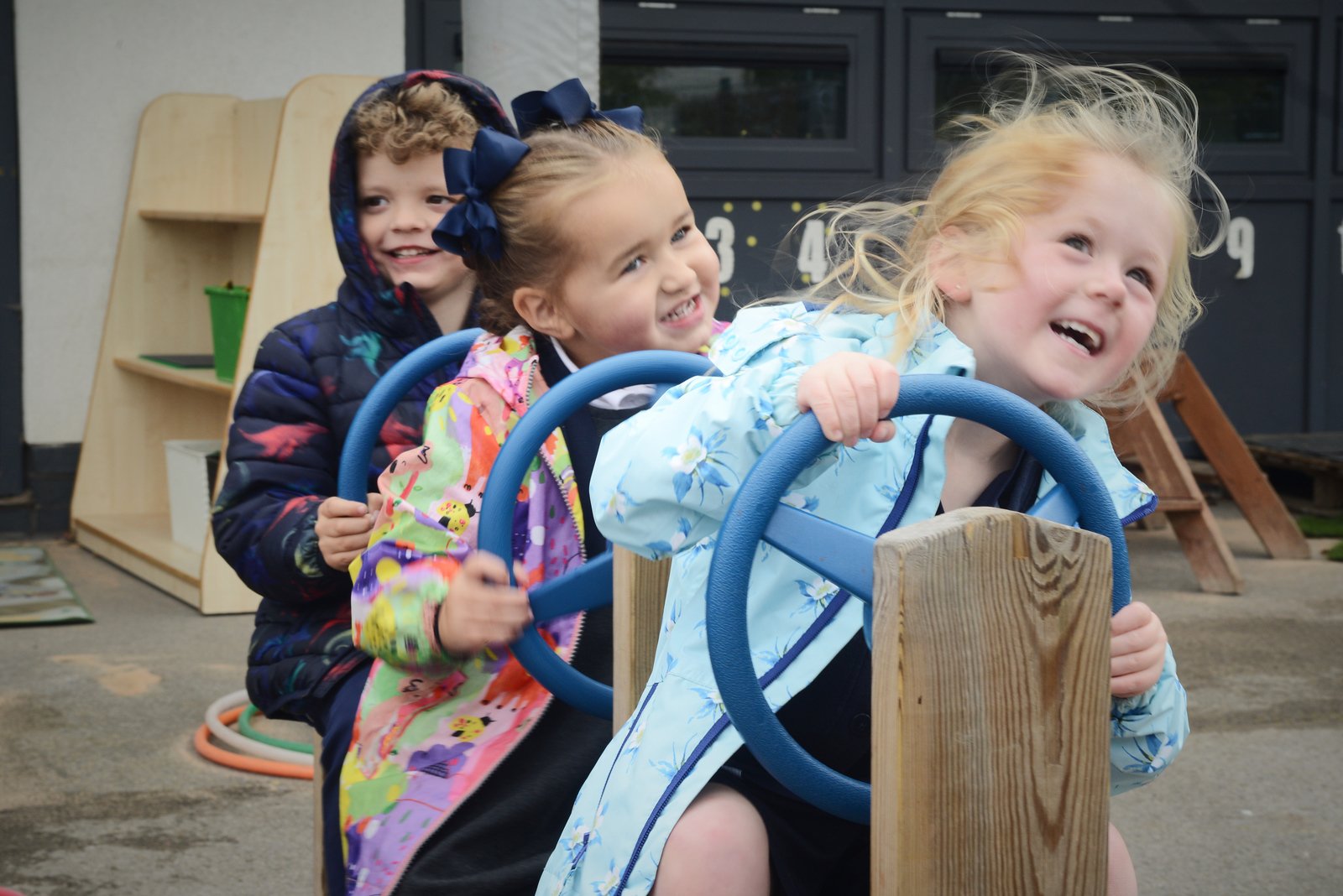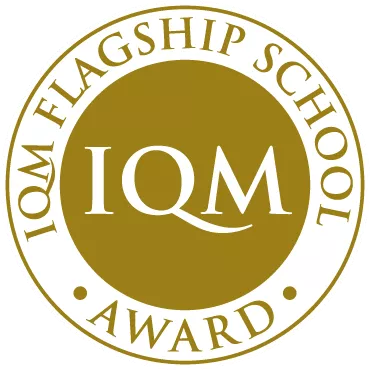- School Info
- Principal's Welcome
- Exam Results and Performance Tables
- Local Governing Body
- Staff List
- Ofsted
- British Values
- Policies
- Prospectus
- Vision and Values
- SEND
- Pupil Premium
- Sports Premium
- Wade Deacon Trust
- Feedback from Children, Families and Visitors.
- Financial Information
- Inclusion Quality Mark - Flagship Status
- Attachment and Trauma Sensitive Schools Award
- Operation Encompass
- Job Vacancies
- Designated Special Provision
- Parents
- Curriculum
- Early Years Foundation Stage (EYFS)
- SEND
- English
- Oracy
- Mathematics
- Science
- Art and Design
- Computing
- Design and Technology
- Geography
- History
- Modern Foreign Languages (MFL) - Spanish
- Music
- Physical Education (PE)
- Personal, Social, Health and Economic Education (PSHE)
- Religious Education (RE)
- Metacognition and Growth Mindset
- Wade Deacon Trust Curriculum Statement
- Pupils
- Calendar
- News
- Contact
- Statutory Policies
- Job Vacancies
- Train to teach
- Home
- Curriculum
- Early Years Foundation Stage (EYFS)
Early Years Foundation Stage (EYFS)

The person responsible for developing the EYFS provision at our school is Ms E Hanlon.
The Early Years Foundation Stage (EYFS) is how the Government and early years professionals describe the time in your child's life between birth and five years of age. The Department for Education provides a statutory framework with mandatory guidance for all early years providers in England to follow from 1st September 2021.
EYFS is based upon four guiding principles. These are:
- every child is a unique child, who is constantly learning and can be resilient, capable, confident and self-assured
- children learn to be strong and independent through positive relationships
- children learn and develop well in enabling environments with teaching and support from adults, who respond to their individual interests and needs and help them to build their learning over time. Children benefit from a strong partnership between practitioners and parents and/or carers.
- importance of learning and development. Children develop and learn at different rates. Welcome to Reception
Throughout the day there are opportunities for children to complete adult directed and child-initiated activities. By offering a range of diverse and open-ended experiences children will progress in the following areas:
Prime Areas of learning:
- Communication and Language
- Personal, Social and Emotional Development
- Physical Development
These Prime Areas are the most essential for your child's healthy development and future learning. As children grow, the Prime Areas will help them to develop skills in four Specific Areas.
Specific Areas of Learning:
- Literacy
- Mathematics
- Understanding of the World
- Expressive Arts and Design

Early Learning Goals
The level of development children should be expected to have attained by the end of the EYFS is defined by the early learning goals (ELGs). The ELGs should support teachers to make a holistic, best-fit judgement about a child’s development, and their readiness for year 1. Please click the link below to view a summary of the Early Learning Goals (ELGs).
Click here to see a summary of the Early Learning Goals
Within EYFS we also pay close attention to the Characteristics of Effective Learning, as outlined in the statutory framework. These are important life skills and attitudes that we aspire to instil in all of our children. These are:
- Playing and Exploring
- Active Learning
- Creating and Thinking Critically
Curriculum Design
In order to support your child’s development in early years, we use Development Matters, non-statutory curriculum guidance, todesign an effective early years curriculum, building on the strengths and meeting the needs of the children at Yew Tree Primary Academy.
Please click on the links below for our 2021-2022 curriculum maps
Nursery Autumn Term Topic Web
Reception Curriculum Overview 2022-23
Should you like any further information about the EYFS statutory framework or our curriculum please speak to us or feel free to browse the information in the links below.
https://foundationyears.org.uk/
Assessment in EYFS
As outlined in the EYFS statutory framework, assessment plays an important part in helping parents, carers and practitioners to recognise children’s progress, understand their needs, and to plan activities and support. Ongoing assessment (also known as formative assessment) is an integral part of the learning and development process. It involves practitioners knowing children’s level of achievement and interests, and then shaping teaching and learning experiences for each child reflecting that knowledge.
Assessment at the start of the Reception year – the Reception Baseline Assessment (RBA)
The Reception Baseline Assessment (RBA) is a short assessment, taken in the first six weeks in which a child starts reception.
Assessment at the end of the EYFS – the Early Years Foundation Stage Profile (EYFSP)
In the final term of the year in which the child reaches age five, and no later than 30 June in that term, the EYFS Profile must be completed for each child. The Profile provides parents and carers, practitioners and teachers with a well-rounded picture of a child’s knowledge, understanding and abilities, their attainment against expected levels, and their readiness for year 1. This profile is then used to support the transition process of children from EYFS into Year 1.
Transition to EYFS at Yew Tree Primary Academy
Our EYFS staff team will be happy to discuss anything with you prior to your visit or during your visit.
We look forward to welcoming you to our EYFS unit at Yew Tree Primary Academy.
Curriculum
section
- Early Years Foundation Stage (EYFS)
- SEND
- English
- Oracy
- Mathematics
- Science
- Art and Design
- Computing
- Design and Technology
- Geography
- History
- Modern Foreign Languages (MFL) - Spanish
- Music
- Physical Education (PE)
- Personal, Social, Health and Economic Education (PSHE)
- Religious Education (RE)
- Metacognition and Growth Mindset
- Wade Deacon Trust Curriculum Statement



